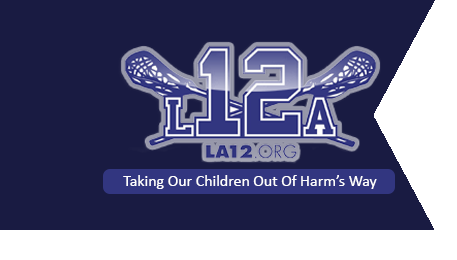Nurses Save Life of Boy With Rare Sporting Injury
Mastic Beach Man Stable After Softball Field Collapse
March 16, 2009New Study Finds AED Programs in Schools Beneficial
July 27, 2009Wednesday, April 8, 2009 – It was as if lightning had struck the baseball player in the chest and shorted his heart’s electrical circuit, medical staff say.
Instead, a catcher throwing a ball to third base last weekend hit Kyle McCammon in the chest. The impact, which hit Kyle between the second and fourth rib, stopped his heart from beating.
Luckily for 12-year-old Kyle, who plays competitive baseball as a Southaven Panther, his mother is a nurse, and she and two other nurses ran to his aid.
The freakish incident happened at 5:35 p.m. Saturday during the Rumble on the River tournament between the Southaven Panthers and the Arkansas Rattlers at First Tennessee Fields in Cordova.
When his mother, Mary McCammon, rushed on the field, she saw that her son was still breathing, but it was shallow and labored. His eyes had glazed over and he couldn’t respond.
Her husband, assistant coach David McCammon initially thought the breath had been knocked out of him — a typical baseball injury. But Mary McCammon, a home health nurse, realized it was much more serious.
Taking her middle and index fingers she placed them against her son’s neck: “I couldn’t feel a pulse. It was like I was in a tunnel. It was just me and Kyle.”
Another nurse and mom, Cyndi Herrington of Olive Branch tried the other side. She couldn’t feel a pulse either.
Color was draining from Kyle’s face. His lips were turning blue.
“I think we all said in unison, ‘He’s not breathing. We need to do CPR,'” the child’s mother recalled.
That’s when another nurse from the opposing team, Deanna Gilbert of Marked Tree, Ark., stepped in and offered to help. “I got this Mom,” Gilbert told Mary McCammon.
Twenty compressions to the chest. A single breath. Twenty more compressions to the chest. Another breath.
For seven minutes, the two nurses did what they had been trained to do. Because of them, Kyle survived.
As tears streamed down her face that day, Herrington said all she could think about was, “I can’t let this child die.”
By the time the ambulance arrived, Kyle had regained consciousness. He stayed overnight at Le Bonheur Children’s Medical Center, and Mary McCammon said doctors gave her son a clean bill of health.
Kyle was diagnosed with “commotio cordis,” which means commotion or concussion of the heart.
“It’s very rare,” explained Dr. Barry Gilmore, Le Bonheur’s medical director for Emergency Services. When it happens, it is often with boys playing sports — particularly baseball. “We don’t even see one a year. The overall survival rate is 15 percent,” he said. “The ones who have immediate CPR or a defibrillator — within the first one to three minutes — survive.”
From 1996 to 2007, just 188 cases have been reported to the U.S. Commotio Cordis Registry.
That is why the Southaven Panther coaches are now getting CPR training.
Kyle remembers being hit and trying to get up but nothing after that.
His mother is hoping her son’s brush with death will convince others to get cardiopulmonary resuscitation or CPR training. Even better, she said, “These defibrillators are under $1,000. They should be really anywhere people are.
“Never in a million years would you think a ball would stop his heart. But it did,” Mary McCammon said. “Those nurses saved his life.”
© 2009 Scripps Newspaper Group – Online

